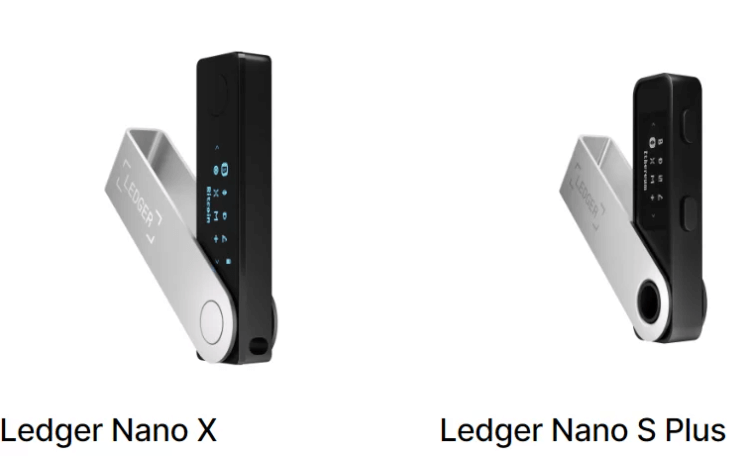A crypto wallet is a type of digital wallet that allows an individual to store, manage, and transfer cryptocurrencies. Cryptocurrencies are encrypted digital currencies that operate without a central authority, necessitating a specialized type of wallet for their secure storage and management.
Crypto wallets store a user’s private keys and verify the ownership of their cryptocurrencies. These private keys are essential for authorizing transactions and transferring cryptocurrencies. Users can use their wallets to transfer cryptocurrencies from one address to another, view transactions, and track the value of their cryptocurrencies.
Crypto wallets ensure the secure storage and management of cryptocurrencies. However, it is crucial for users to securely store their private keys and ensure the security of their wallets. Therefore, users are recommended to use security measures like a strong password and two-factor authentication.
Crypto wallets typically fall into two main categories: Software Wallets and Hardware Wallets.
Software wallets are software programs that run on computers or mobile devices. These wallets require users to download an application to store and manage their cryptocurrencies. Examples include Exodus, MyEtherWallet, Trust Wallet, and Coinbase Wallet.
Hardware wallets are special devices designed like USB drives. These wallets require users to purchase a device to store and manage their cryptocurrencies. Examples include hardware wallets like Ledger. Ledger, a company that has been producing cryptocurrency hardware wallets since 2016, is a device designed to enable users to securely store, manage, and transfer their cryptocurrencies. If you purchase Ledger from this link, $30 worth of BTC will be loaded into your wallet.

Ledger supports many different cryptocurrencies worldwide and allows users to store multiple cryptocurrencies on their device. The Ledger hardware wallet is designed like a USB drive and has a special chip that securely stores the private keys of a user’s cryptocurrencies. These private keys verify the ownership of a user’s cryptocurrencies and authorize transactions.
Ledger devices come with an integrated screen and user interface, making transaction verification and approval easier. Users can enter their own PIN codes when connecting to their devices and can follow the instructions on the device’s screen to approve transactions such as the transfer of cryptocurrencies. Consequently, the Ledger hardware wallet is a special device that allows users to securely store, manage, and transfer their cryptocurrencies. These devices are an ideal choice for cryptocurrency investors looking to store their cryptocurrencies more securely.









